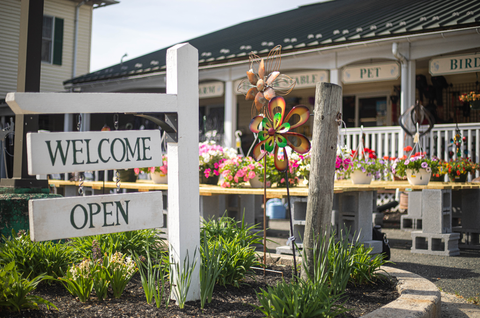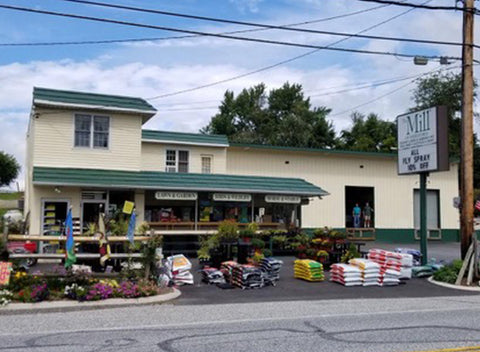Egg binding is an issue for chickens which occurs when a hen is unable to pass an egg. This can be a serious condition if not addressed promptly. Understanding how to help chickens through this condition is crucial for their health.
Egg binding happens when an egg gets stuck inside the hen’s reproductive tract. This can be caused by a variety of factors, including:
- Nutritional Deficiencies: Lack of calcium or other essential nutrients.
- Obesity: Excess weight can make it difficult for hens to lay eggs.
- Lack of Exercise: Insufficient physical activity can contribute to egg binding.
- Genetics: Some breeds are more prone to egg binding.
- Environmental Stressors: Stress from sudden changes or poor living conditions.

Signs of an egg-bound chicken can be both physical and behavioral. Recognizing the symptoms of egg binding early is crucial:
- Straining and frequent sitting as if she is trying to lay an egg.
- A visible bulge near the vent.
- Drooping tail and lethargy.
- Decreased appetite and water intake.
- Restless and uncomfortable.
- Isolating from the rest of the flock.
If these signs are present in the chicken it is time to take action.
First, isolate the chicken by moving the affected hen to a quiet, comfortable area away from the rest of the flock. Reducing stress is important, and a calm environment can help.
Provide warmth by giving the hen a warm water bath. Fill a basin with warm water that is not hot and gently place her in it for about 15-20 minutes. A great addition to the water can be epsom salts. The warmth and salt can help relax her muscles and may assist in passing the egg. Alternatively, you can use a heating pad or a warm towel to create a cozy environment.

Apply a gentle lubricant like vegetable oil to the vent area. This can help ease the passage of the egg. Gently massage the hen’s abdomen, working towards the vent. This can help move the egg along. Be very gentle to avoid causing any injury, do not press too hard.
Offer your hen water with electrolytes to keep her hydrated. Providing calcium supplements, such as crushed oyster shells or calcium gluconate, can help strengthen her muscles and improve her ability to pass the egg.
If the hen’s condition does not improve within a few hours or if she appears to be in significant distress, it’s time to consult a veterinarian. Persistent symptoms can indicate a more serious issue that requires professional intervention. During a veterinary visit, the vet may manually extract the egg or provide medications to help pass the egg. They might also perform an ultrasound or X-ray to assess the situation more thoroughly.
With the right measures egg binding can be prevented. Ensure your hens have a balanced diet rich in calcium. Layer feed supplemented with oyster shells or other calcium sources is essential for healthy egg production.

Provide a stress-free environment with plenty of space for exercise. Regularly clean the coop and maintain a comfortable living area to minimize stress.
Watch for abnormalities in laying patterns and then observe the chickens physical behavior looking for distress and discomfort. Egg binding is a serious condition, but with prompt action and the right care, you can help your hen recover. By being proactive, you can ensure the well-being of your flock and prevent future occurrences.











